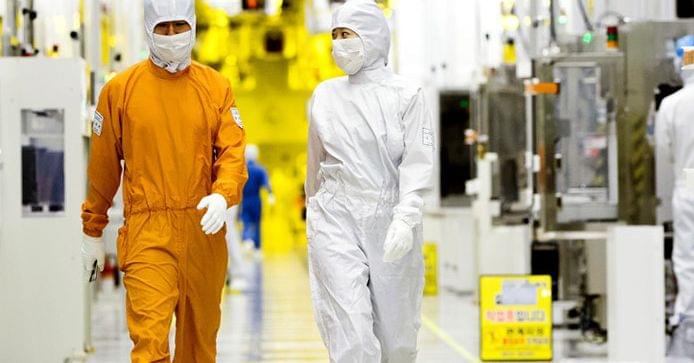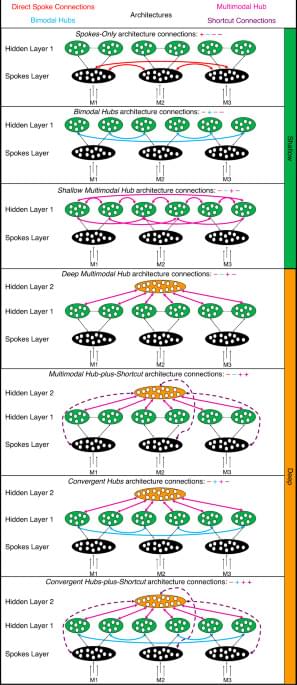The ability to precisely control and change properties of a photon, including polarization, position in space, and arrival time, gave rise to a wide range of communication technologies we use today, including the Internet. The next generation of photonic technologies, such as photonic quantum networks and computers, will require even more control over the properties of a photon.
One of the hardest properties to change is a photon’s color, otherwise known as its frequency, because changing the frequency of a photon means changing its energy.
Today, most frequency shifters are either too inefficient, losing a lot of light in the conversion process, or they can’t convert light in the gigahertz range, which is where the most important frequencies for communications, computing, and other applications are found.







